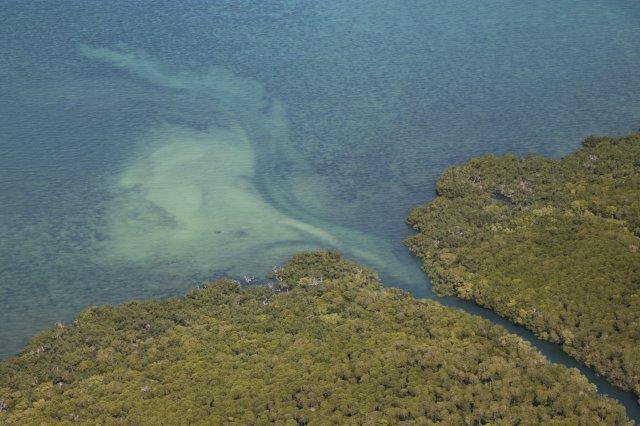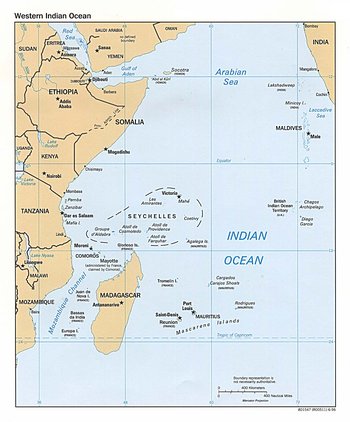Emma-Jane Fuller and Romy Chevallier of the South African Institute of International Affairs set the scene for an important conference on the region’s “blue economy” which began in Mozambique on Thursday.
Developing ocean-based resources in areas such as fisheries, aquaculture, coastal tourism, transport and ports, mining and energy, could generate U.S. $20.8 billion a year for the 220 million people of the western Indian Ocean region, according to a recent report. But coastal and marine ecosystems will have to be preserved, and the adverse effects of climate change combatted if this potential is to be realised.
Uniting around a global call to see oceans managed more sustainably, more than 500 people are gathering in Maputo this week to attend an international oceans conference hosted by the Government of Mozambique.
Envisaged to become a biennial event, this international dialogue will explore opportunities to expand the ” blue economies” of countries in the western Indian Ocean region.
Stakeholders will engage in two-days of formal plenaries and side events related to “Growing blue – sustainable and shared exploitation of the ocean”. The conference comes shortly after two major cyclones – Idai and Kenneth – brought devastation to large parts of Mozambique’s coastal region, underscoring the vulnerability of the regional blue economy in light of climate threats and other risks.

Since the launch of the United Nations Agenda 2030 Sustainable Development Goals, specifically Goal 14 on the conservation and sustainable use of the marine environment, the oceans have become a key priority of many high-level discussions.
The ” blue economy” refers to the expansion of ocean-based industries and sectors to enhance economic growth and strengthen livelihood opportunities, without undermining the marine ecosystems that underpin social and economic benefits. It includes some of Africa’s key income-earning sectors, such as small-scale and commercial fisheries, as well as aquaculture, coastal tourism, transport and ports, mining and energy.
The western Indian Ocean region is home to more than 220 million people, many of whom depend directly or indirectly on fishing, marine resources and maritime trade for their livelihoods. More than 60 million of these people live within 100km of the coastline.

Based on extensive research by the World Wildlife Fund and others, the direct outputs, services and adjacent benefits associated with the ocean and its coastlines in the western Indian Ocean region have been estimated to represent a total asset value of at least US $333.8 billion, with an annual “Gross Marine Product (GMP)” – the equivalent to a country’s GDP – of U.S. $ 20.8 billion. The statistics make clear why the African Union has heralded the blue economy as “the New Frontier of the African Renaissance” .
Recent decades have witnessed a sharp increase in the degradation of important coastal and marine ecosystems, mainly due to growing populations, overfishing, changes in land use, pollution and destructive coastal development, all of which exert significant pressures on the natural environment.
An optimally-functioning blue economy will rely on conserving the natural value of the ocean and on the health and integrity of the region’s marine and coastal ecosystems. However, the value of these ecosystems in strengthening resilience to the impacts of climate change is still largely absent from blue economy discussions and policy strategies.
As seen when the recent cyclones hit Mozambique, the country’s coastal towns and cities are ill-equipped to deal with the magnitude and frequency of the climate change-related events expected under current and future scenarios. It is of the upmost importance that African coastal states urgently develop solutions that respond to the range of likely climate impacts the region will face.
Achieving a vibrant and resilient blue economy will require cooperation, not only regionally but also more broadly. The “Growing Blue” conference in Maputo is a crucial step in coordinating local, regional and global efforts to address a range of exciting opportunities and critical challenges related to the sustainable governance of the oceans.
(Main image: Local communities depend on the health of nearby mangroves for fisheries habitats, wood products and many other natural services. They also function as a buffer against storm surge and sea-level rise. Photo taken in Quirimbas National Park in northern Mozambique. – Romy Chevallier)
The opinions expressed in this article are those of the author(s) and do not necessarily reflect the views of SAIIA or CIGI.
